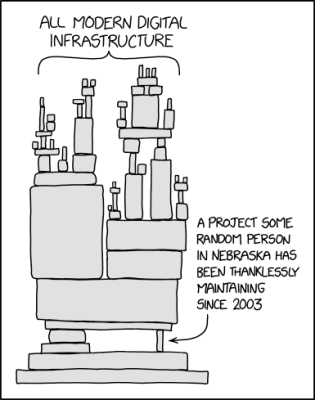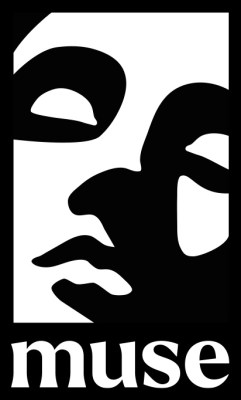A well-known secret in the world of open source software is that many projects rely on donated hosting for everything from their websites to testing infrastructure. When the company providing said hosting can no longer do so for whatever reason, it leaves the project scrambling for a replacement. This is what just happened for Alpine Linux, as detailed on their blog.

Previously Equinix Metal provided the hosting, but as they are shutting down their bare-metal services, the project now has to find an alternative. As described in the blog post, this affects in particular storage services, continuous integration, and development servers.
As if that wasn’t bad enough, Equinix was also providing hosting for the Freedesktop.org project. In a post on their GitLab, [Benjamin Tissoires] thanks the company for supporting them as long as they have, and details the project’s current hosting needs.
As the home of X.org and Wayland (and many more), the value of Freedesktop.org to the average user requires no explanation. For its part, Alpine Linux is popular in virtualization, with Docker images very commonly using it as a base. This raises the uncomfortable question of why such popular open source projects have to depend on charity when so many companies use them, often commercially.
We hope that these projects can find a new home, and maybe raise enough money from their users to afford such hosting themselves. The issue of funding (F)OSS projects is something that regularly pops up, such as the question of whether FOSS bounties for features are helpful or harmful.


















